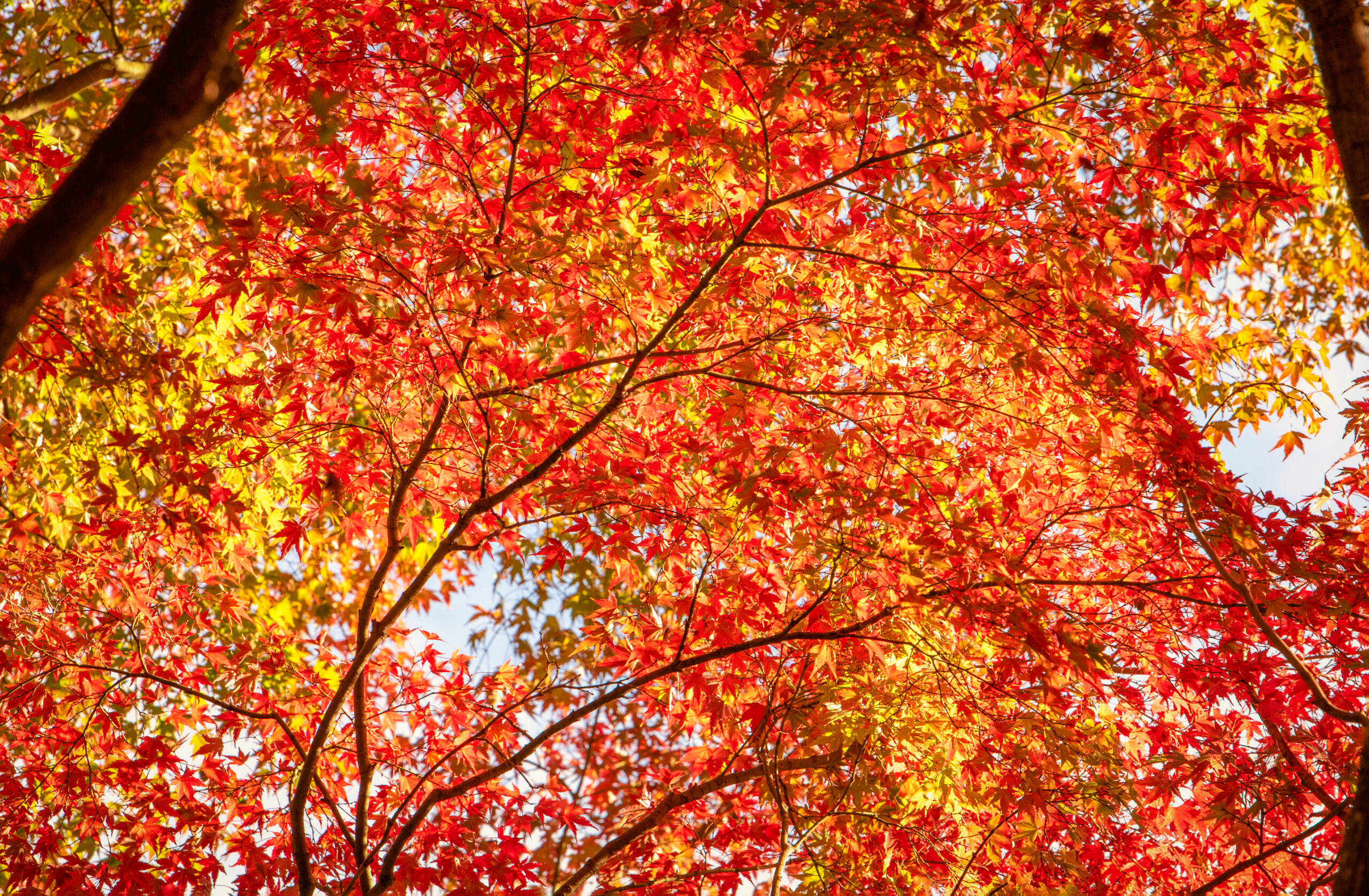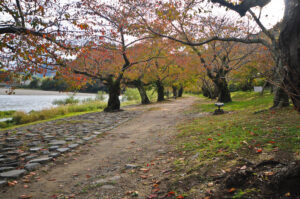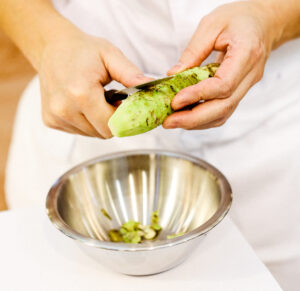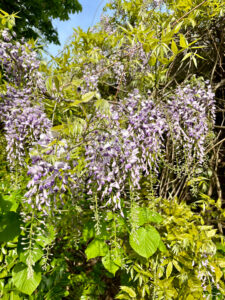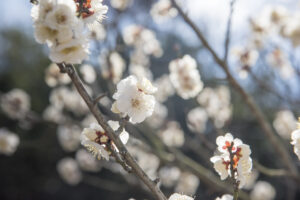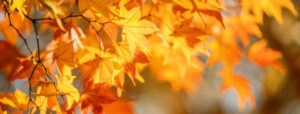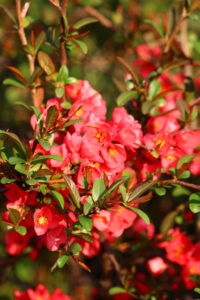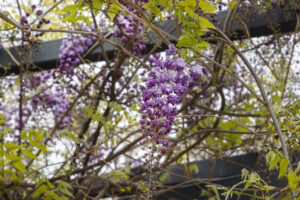In the ever-evolving tapestry of garden designs, one tree has consistently stood out for its ethereal beauty and versatility: the Japanese Maple. Known for its striking colors and elegant shapes, this tree has captivated garden enthusiasts and landscape architects worldwide. As we delve into the world of Japanese Maple Trees, we uncover the rich history, vibrant colors, and cultural significance that make these trees a must-have in any garden. From the delicate care they require to the stunning visual spectacle they offer throughout the seasons, Japanese Maples are a testament to the artistry of nature and the careful stewardship of those who cultivate them. Join us as we explore the enchanting world of Japanese Maple Trees, a vivid splash of color that transforms any garden into a masterpiece.
An Introduction to Japanese Maple Trees
Japanese Maple Trees, or Acer palmatum, are prized for their unique beauty, characterized by their delicate foliage and stunning array of colors. Native to Japan, Korea, and China, these trees have been an integral part of garden design in these regions for centuries. With over a thousand varieties available, they range in size from small shrubs to larger trees, making them versatile additions to any garden. The leaves of the Japanese Maple are particularly notable, with shapes that can vary dramatically from the deeply dissected leaves of the Laceleaf varieties to the more traditional maple shape of the Amur maple. As the seasons change, so too do the colors of these magnificent trees, creating a dynamic display that captivates and enchants.
The Rich History of Japanese Maples in Gardening
The cultivation of Japanese Maples can be traced back to the early 17th century in Japan, where they were a symbol of elegance and peace in the serene Zen gardens. Their popularity spread to Korea and China, where different varieties were developed. By the 19th century, Japanese Maples made their way to Europe and America, quickly becoming a staple in botanical gardens and private estates. The Victorian era saw a surge in their popularity, as exotic and ornamental plants became highly sought after by the horticultural elite. Today, Japanese Maples are beloved by gardeners around the world for their beauty and adaptability, symbolizing peace, serenity, and the changing seasons.
Decoding the Colors: Understanding Japanese Maples
One of the most captivating features of Japanese Maple Trees is their vibrant foliage, which can range from rich greens in the spring and summer to fiery reds, oranges, and yellows in the fall. The color variations are influenced by genetic factors, soil pH, and environmental conditions. Some varieties, like the Osakazuki, are known for their brilliant scarlet leaves in autumn, while others, such as the Sango-kaku, or Coral Bark Maple, offer year-round interest with their brightly colored bark. Understanding the color potential of different varieties can help gardeners choose the right Japanese Maple to achieve their desired landscape effect.
Choosing the Right Spot: Planting Your Maple
Selecting the perfect location is crucial for the health and growth of your Japanese Maple. These trees prefer partially shaded spots, protected from harsh afternoon sun and strong winds, which can damage their delicate leaves. Well-drained, slightly acidic soil enriched with organic matter provides the ideal growing conditions. When planting, consider the tree’s mature size to avoid overcrowding and to ensure it has ample space to showcase its beauty. Proper placement not only promotes healthy growth but also enhances the aesthetic appeal of your garden by highlighting the tree’s stunning features.
Caring for Your Japanese Maple: Expert Tips
Japanese Maples require thoughtful care to thrive. Watering is crucial, especially during dry periods, as these trees do not fare well under drought conditions. A layer of mulch around the base can help retain soil moisture and regulate temperature. Fertilizing in spring with a balanced, slow-release fertilizer encourages healthy growth without overwhelming the tree. Additionally, protecting Japanese Maples from pests and diseases, such as aphids and verticillium wilt, is essential for maintaining their health and vibrancy. Regular monitoring and gentle care will ensure your Japanese Maple remains a breathtaking centerpiece in your garden for years to come.
Seasonal Wonders: Japanese Maples Through the Year
The beauty of Japanese Maple Trees unfolds in a splendid display of colors and forms throughout the year. Spring heralds the emergence of fresh, vibrant leaves, which mature into lush, green canopies in summer. Autumn is when Japanese Maples truly shine, as their leaves transform into brilliant hues of red, orange, and yellow, creating a spectacular display. Even in winter, the bare branches and textured bark of these trees add interest and elegance to the garden landscape. By selecting varieties with different growth habits and color transitions, gardeners can enjoy the year-round appeal of these magnificent trees.
The journey through the world of Japanese Maple Trees reveals a fascinating blend of history, culture, and natural beauty. These trees, with their diverse varieties and stunning seasonal transformations, offer more than just aesthetic appeal; they embody the spirit of the garden itself – a place of peace, reflection, and natural wonder. As gardeners and enthusiasts continue to cultivate and cherish Japanese Maples, these trees will undoubtedly remain a central feature in gardens around the globe. Whether nestled in spacious landscapes or gracing compact urban spaces, Japanese Maples stand as a vivid splash of color and a symbol of gardening artistry, inviting us all to pause, admire, and be inspired by their enduring beauty.
